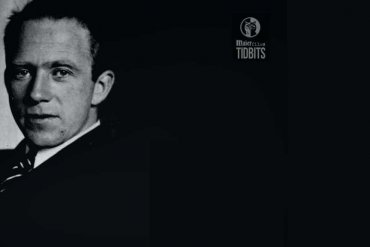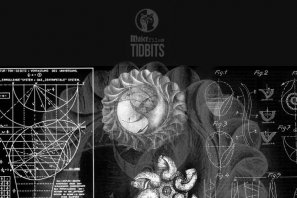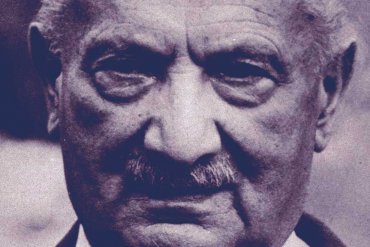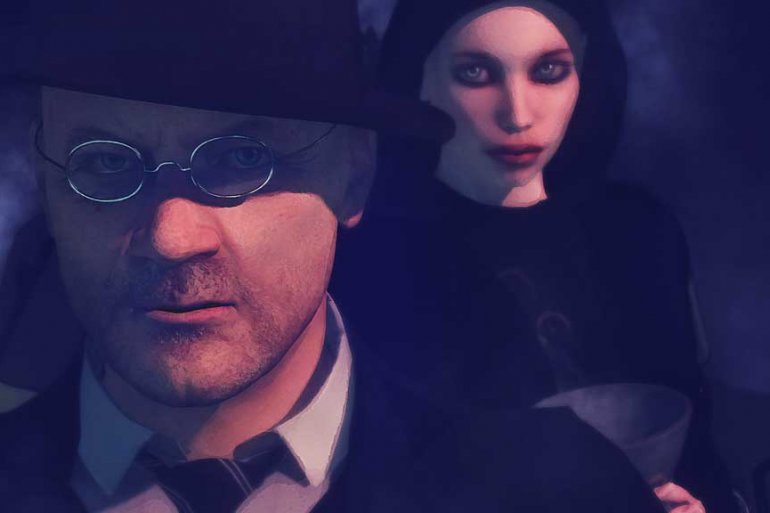The uncertainty principle is among the the most famous (and also probably most misunderstood) concepts in physics. It demonstrates that there is a fuzziness in nature, an elementary limit to the things we could know about the behaviors of quantum particles and, consequently, the tiniest scales of nature. Of these scales, the most we can hope for is to compute or...
In the midst of modern concerns over the terms “cult” and “occult,” it’s essential to clarify that the latter simply denotes “secret” or “hidden.” Beyond religious connotations, any group employing concealed teachings limited to a select few falls under the category of a “cult.” What if an entire realm of physics has been deemed virtually “occult” and restricted from public knowledge...
Synthetic Gasoline – Although we still do not know how nature produces oil, yet we possess already for a long time the knowledge to produce it artificially. Friedrich Bergius a German chemist received the Nobel Prize in 1931 in recognition for inventing the process for producing synthetic gasoline in 1913. Since 1927, I.G. Farben A.G. continued to improve this development process in their laboratories at the Leuna plant. Carl Krauch and Mathias Pier were the main chief engineers. In 1925 Franz Fischer, the director of the […]...
This is an update of Last year’s 2017 article – See Addendum below. HAARP is the trip-off-the-tongue abbreviation for the mouthful that is America’s High Frequency Active Auroral Research Program housed near Gakona, Alaska. Here, on a 33-acre site, scientists transmit a 3.6million megawatt signal into the ionosphere. Then other colleagues in white lab coats can understand and control ionospheric processors that...
Nature’s Rhythmical Processes Nature is not served by rigid laws, but by rhythmical, reciprocal processes. Nature uses none of the preconditions of the chemist or the physicist for the purposes of evolution. Nature excludes all fire for purposes of growth on principle; therefore all contemporary machines are unnatural and constructed according to false premises. Nature avails herself of the biodynamic form...
There are a lot of old rumors of work in time experimentation. Especially during the early 1990s at popular UFO-conferences. One of the hypes was the “Montauk Project“. Which is believed to be an extension or continuation of the World War 2 Philadelphia experiment. Preston B. Nichols and Peter Moon wrote a book about this topic titled The Montauk Project: Experiments in Time. It resulted in an entire series detailing supposed time travel experiments at the Montauk Air Force Base at the eastern tip of Long Island. According to […]...
Ether or AEther (from Greek and probably from I burn,) a material substance of a more subtle kind than visible bodies, supposed to exist in those parts of space which are apparently empty. So begins the article, ” Ether,” written for the ninth edition of the Encyclopedia Britannica, by James Clerk-Maxwell. The derivation of the word seems to indicate some connection...
Heidegger’s Being and Time (1924), a quickly written introductory volume to a proposed multi-volume project, inspired philosophers for generations to come. What did the enigmatic title refer to? “As regards the title ‘Being and Time,’ ‘time’ means neither the calculated time of the ‘clock,’ nor ‘lived time’ in the sense of Bergson and others,” he explained, years after the book appeared....
Do you know what time it is? That question may perhaps be asked a lot more these days than ever. In our clock-studded modern society, the answer is only a peek away, therefore we are able to “blissfully” partition our days into ever smaller sized increments for ever more neatly scheduled jobs, assured that we will always know it really is now 7:03 a.m. Contemporary scientific revelations regarding time, however, turn the question indefinitely frustrating. If we look for an […]...
The Elucidation is an anonymous Old French poem of the early 13th century, which was written to serve as a prologue to Chrétien de Troyes‘ Perceval, le Conte du Graal. It is preserved in only one manuscript, Mons 331/206 (olim 4568), and in the Prose Perceval printed in 1530. Moreover, a German translation by Philipp Colin and Claus Wisse appeared in...











